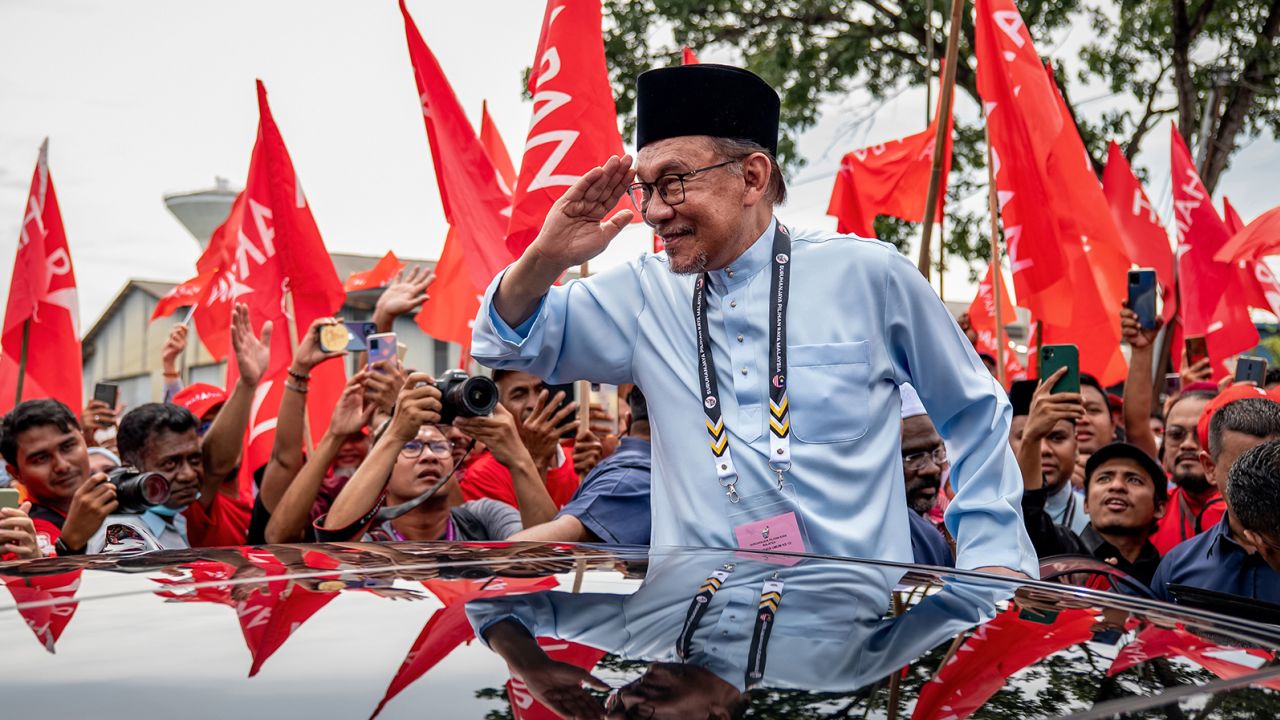The Facts
Datuk Seri Anwar Ibrahim, chairman of the coalition Pakatan Harapan (PH), was sworn in as Malaysia's 10th Prime Minister on Thursday after being appointed by Sultan Abdullah Ahmad Shah to form a unity government amid a hung parliament.
His nomination came hours after Malaysia's king held a special meeting with his fellow Malay rulers to discuss the formation of the new government after the three primary coalitions had failed to establish a majority in a recent election.
The Spin
Narrative A
As the king's decision to appoint Anwar is final and can't be challenged, it's futile to argue that he failed to reach a majority. However, it's clear that his premiership is unlikely to be smooth sailing: the Malay-ethnic majority isn't backing him, and forging ties with scandal-tainted leaders — as Anwar has done — will only further tarnish his reputation.
Narrative B
Malaysia requires leaders with diplomatic skills willing to act in the best interest of its citizens regardless of race or religion. While his success remains to be seen, Anwar — who has been a loud advocate for stability, good governance, proper economic management, and a unity government — embodies these principles and is the ideal candidate to lead the country out of its political crisis.
